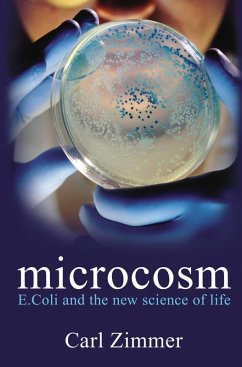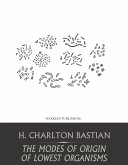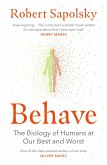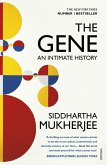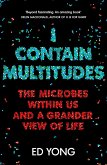The 'few things' Lederberg discovered would revolutionise modern science and earn him a Nobel Prize. He chose to observe the breeding habits of a certain bacterium called Escherichia coli, better known as E coli. His experiments used defective E coli strains lacking the essential molecules to reproduce by cloning which should, by rights, perish in the petri dish. But slowly, a few colonies of survivors began to spread accross the dishes. The only possible explanation for their survival was that they were a product of sex. Not only had Lederberg proved that bacteria have sex, he had also proved they have genes.
Since then, a bacterium that was once nothing more than a humble resident of the human gut has become our best guide to what it means to be alive. Most of us might only know E coli for its lethal strain that causes food poisoning, but Zimmer uses E coli as a prism to understand what life is, what it was, and what it will become. We learn how E coli microbes talk to each other, how studies of their evolution represent the most powerful evidence in support of natural selection, and how they might just explain life on other planets...
Dieser Download kann aus rechtlichen Gründen nur mit Rechnungsadresse in A, B, BG, CY, CZ, D, DK, EW, E, FIN, F, GR, HR, H, IRL, I, LT, L, LR, M, NL, PL, P, R, S, SLO, SK ausgeliefert werden.

